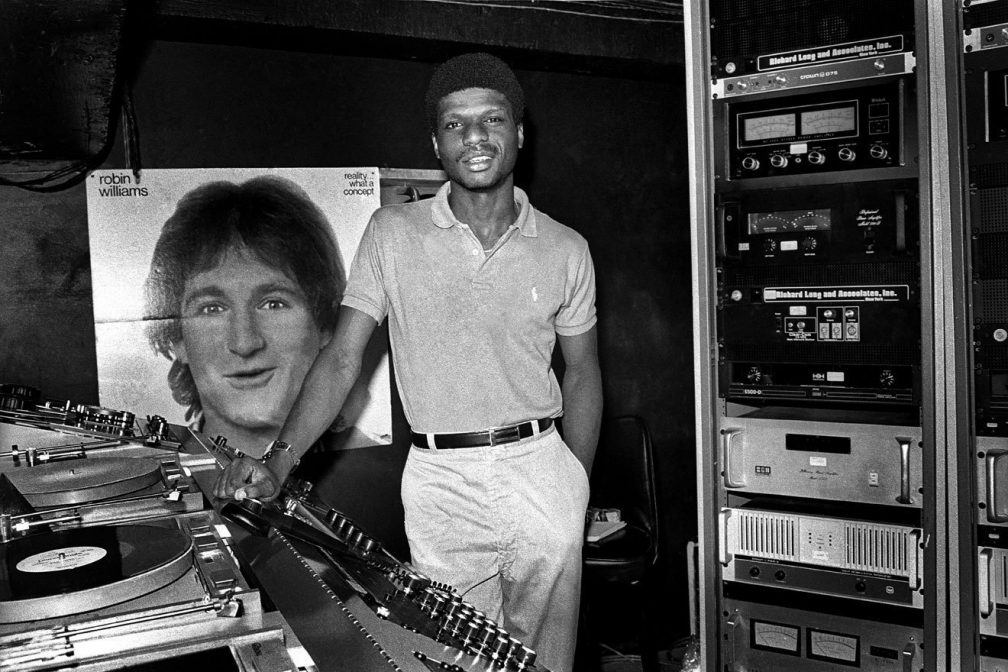 Culture
Culture
They invented the remix
Jamaica came up with the idea, but the remix as we know it was born in New York
Born out of the sound system culture in Jamaica, ‘versions’ and ‘dubs’ became the lingua franca of the best systems vying for attention (and beer sales). The first were Lloyd Coxsone and Duke Reid, whose versions – instrumental tracks – were perfect for local toasters to rap over. The luxurious space provided by dub, which is more about what’s left out than in, took the version into a new territory and would provide inspiration for the early 80s disco remixers in New York.
But the trajectory of the remix in New York started on a completely different path. Unlike the Jamaican version, the early remixes in New York were extended versions of the original song, using the same constituent parts, lengthened for greater dancefloor impact. Today’s remixers owe little to this style: with a few notable exceptions like Dimitri From Paris, Joey Negro or The Reflex, most usually take a vocal snippet or bassline and effectively completely re-produce the track.
The godfather of the remix is Tom Moulton. The handsome Moulton, who’d worked as a male model, was out in the gay enclave at a Fire Island tea dance one weekend in 1971. “Firstly, the DJ was terrible,” says Moulton. “I was watching people dance and, at that time, it was mostly 45s that were three minutes long. They’d really start to get off on it and all of a sudden another song would come in on top of it and the people would lose the rhythm. It was a shame that the records weren’t longer so people could really start getting off.” Moulton returned to Manhattan and resolved to make a tape that lengthened the songs and spliced them together. It took him 80 hours to produce the 45-minute tape.
A few weeks later, he get a call-back: “They’re going crazy over your tape! So he calls me the next day and says, ‘Can you make me a tape every week? I’ll give you $500 if you can make a tape.’ ‘It has nothing to do with the money,’ I say, ’It’s the amount of hours.’ ‘OK but can you give us one for Memorial Day? An hour and a half. Then can you give us one for fourth of July? And Labor Day?’ So I said OK.”
Moulton started scrambling round the record companies for more records for his disco-mixes. At one of the labels, Scepter Records, they asked Moulton if he’d be interested in doing the same to one of their records and delivering a disco-mix. Although the band hated it, it handed them their first hit. “I lengthened it to 5.35, that magic number, from three minutes. We had a station here called WBLS and they played the long version, not the short version.” What Moulton started, others soon began to emulate.


